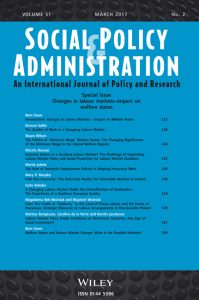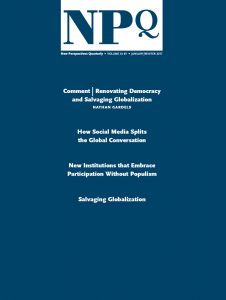Teaching Month: Forever a Student
When we here at Sociology Lens decided to dedicate July to posts about teaching, I had so much excitement. After all, graduate student advice month had gone over so well, why wouldn’t another themed month that is also relevant. I mean, is teaching not a significant part of what we do as sociologists? But there was one problem… I’ve never taught before. What could I offer in my posts? Really. I had a very difficult time thinking of something, of anything, to offer....








